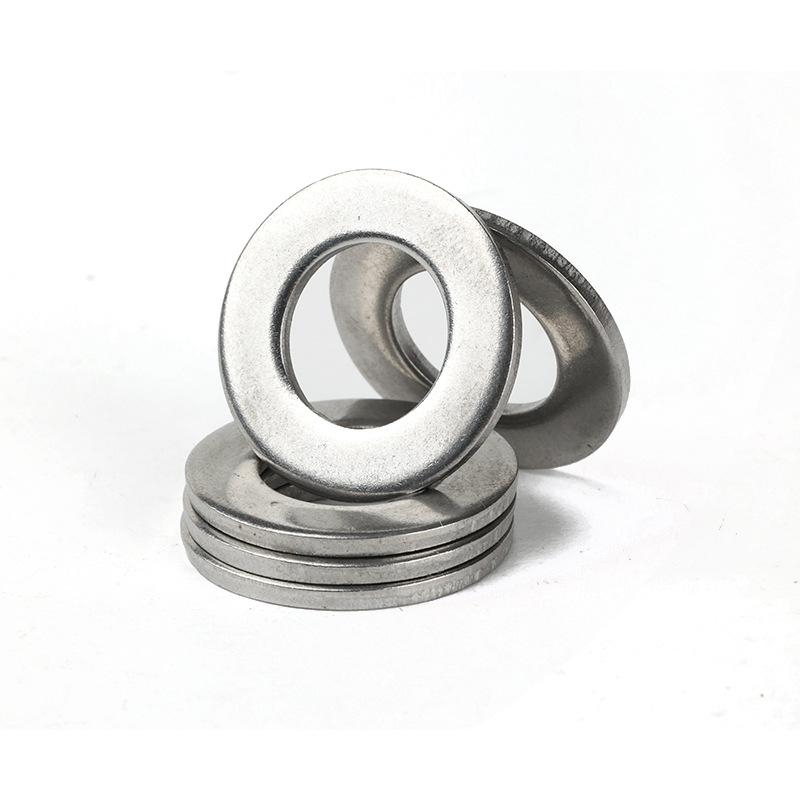

stud bolt washer
Nov . 20, 2024 10:18 Back to list
stud bolt washer
Understanding the Importance of Stud Bolt Washers
In the realm of mechanical engineering and construction, the reliability and performance of fasteners are critical. One essential component often overlooked is the washer, particularly in the context of stud bolts. Stud bolts are threaded rods that are designed to be used with nuts on either end, providing a robust and secure connection in various applications, from heavy machinery to structural frameworks. While the stud bolt is integral to the assembly, the washer plays a significant supporting role that warrants closer examination.
What Are Stud Bolt Washers?
Stud bolt washers, commonly referred to simply as washers, are flat discs that are placed under the head of a bolt or nut. They come in various shapes, sizes, and materials, each tailored for specific applications. The primary function of a washer is to distribute the load of the nut or bolt head over a larger surface area. This distribution helps to prevent damage to the surface being fastened and mitigates the risk of fastener failure due to excessive stress.
Types of Washers
There are several types of washers used with stud bolts, including flat washers, spring washers, and lock washers
. Each type serves a distinct purpose1. Flat Washers These are the most commonly used washers. They provide a smooth surface that evenly distributes the load across the surface of the material being fastened. They are ideal for use in general applications where load distribution is a priority.
2. Spring Washers Designed to provide a spring-like effect, these washers help absorb shock and maintain tension in bolted joints. They are particularly useful in applications where vibration can loosen fasteners over time.
3. Lock Washers These washers are designed to prevent fasteners from loosening due to vibration. They achieve this by providing a locking mechanism, which keeps the bolt or nut securely in place.
Importance of Washers in Stud Bolt Assembly
stud bolt washer

The inclusion of washers in a stud bolt assembly is essential for several reasons
1. Load Distribution As mentioned, washers help distribute the load of the bolt head or nut over a larger area. This is particularly crucial when fastening materials that are soft or prone to deformation, as it prevents the surfaces from being damaged and maintains the integrity of the connection.
2. Preventing Corrosion In many applications, corrosion can significantly impact the performance of fasteners. Washers can act as a barrier between the fastener and the material being joined, reducing the likelihood of galvanic corrosion. This is especially important in environments where moisture or chemicals are present.
3. Increased Stability By using washers, the overall stability of the joint is enhanced. This is particularly relevant in high-stress applications where the fasteners are subject to dynamic loads. The added layer of a washer can help maintain the integrity of the joint over time.
4. Vibration Resistance In applications where vibration is a concern, such as in automotive or aerospace industries, using appropriate washers can help to keep the fasteners secure. Specially designed lock washers can be particularly effective in these scenarios.
Choosing the Right Washer
Selecting the correct washer for a stud bolt assembly involves considering several factors, including the material of the washer, its size, and the specific application it will be used in. Common materials for washers include steel, stainless steel, and plastic. Stainless steel washers are preferred in corrosive environments due to their resistance to rust and deterioration.
Moreover, the size of the washer must correspond to the dimensions of the stud bolt and the materials being fastened. A washer that is too small will not provide adequate load distribution, while one that is too large may not fit properly.
Conclusion
In summary, while stud bolts are crucial for various mechanical and structural applications, the role of washers in these assemblies cannot be underestimated. They serve as key components that enhance load distribution, prevent corrosion, increase stability, and resist vibration. For anyone involved in engineering or construction, understanding the importance of selecting the right type of washer for their specific application is fundamental for ensuring the durability and reliability of their projects. By recognizing the synergy between stud bolts and washers, engineers can achieve superior performance and longevity in their fastened connections.
Latest news
-
High-Strength Hot Dip Galvanized Bolts - Hebei Longze | Corrosion Resistance, Customization
NewsJul.30,2025
-
Hot Dip Galvanized Bolts-Hebei Longze|Corrosion Resistance&High Strength
NewsJul.30,2025
-
High-Strength Hot-Dip Galvanized Bolts-Hebei Longze|Corrosion Resistance&High Strength
NewsJul.30,2025
-
Hot Dip Galvanized Bolts-Hebei Longze|Corrosion Resistance&High Strength
NewsJul.30,2025
-
Hot Dip Galvanized Bolts - Hebei Longze | Corrosion Resistance, High Strength
NewsJul.30,2025
-
High-Strength Hot Dip Galvanized Bolts-Hebei Longze|Corrosion Resistance, Grade 8.8
NewsJul.30,2025

